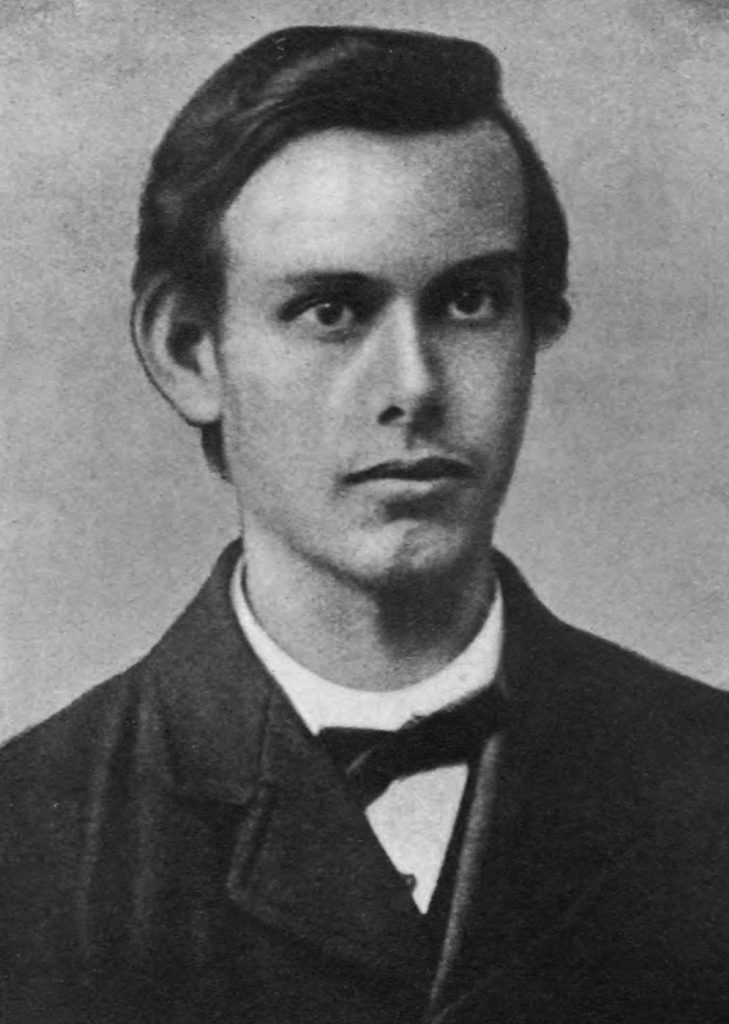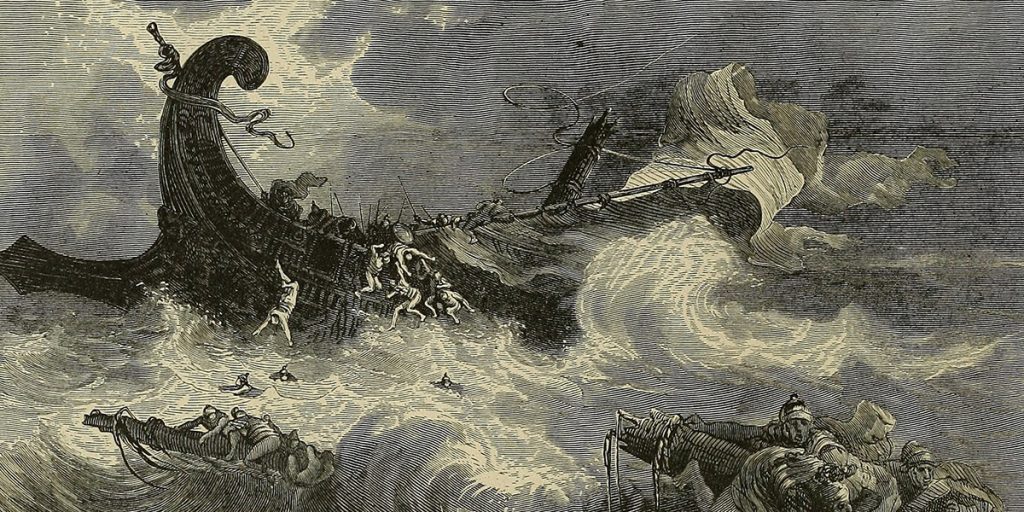Acts 26 – 27
Luke, our author, accompanies Paul on many of the travels recounted in the Book of Acts. Luke is a companion and participant on the missionary journeys, and we have met many members of the emergent Church along the way. But unlike Barnabas, Silas, John Mark, Lydia, Aquila, Priscilla, Timothy or Apollo; Paul becomes a focus for Luke. Paul has had a subjective experience of Christ which has placed every aspect of his personality in obligation to God as God has reoriented Paul in Christ. Paul is a man with definite purpose, and that purpose defines him so pronouncedly that Luke, it may be said, is in awe of Paul.
Festus, upon hearing Paul’s defense against charges brought against him, exclaims, “You are out of your mind Paul! Too much learning is driving you insane!” The life of Faith often looks a bit daft to those who have not been compelled by the gift of Faith; to those who have not known themselves pursued, for it is God who seeks for us and finds, more than we who seek for God. There is purpose in God’s quest for us, and hence, we live purposeful lives.
English poet Francis Thompson caught the nub of this feature of Faith in his poem ‘The Hound of Heaven’ which may be visited on YouTube HERE.
To be discovered by God, and woven into the life of God, is to be freed from many of the concerns which previously constrain a life devoid of God’s near Presence. Paul seems heedless, putting himself repeatedly in harm’s way, courting disaster, making enemies. Festus cannot understand. King Agrippa perceives that Paul is trying to persuade him to become a Christian. Paul tells Agrippa he wishes Agrippa were as free as he was, apart from his chains. Paul can see the captivity in which Agrippa is held, and wishes better for him.

|
Paul a Roman citizen, has appealed to the emperor, and to Rome he must go. Luke is at Paul’s side, and the journey itself becomes a simile for the spiritual wayfaring of every Christian. Life is not a meaningless, incoherent expressionism of one’s inner-self, but an adventure with the truth as we are more and more claimed for God, reoriented on pilgrimage, made progressively free in captivity to Christ.
Luke is a journal keeper. As they set sail for Italy on a ship of Adramyttium, we learn of every port posted, and that the ship traveled under the lee of Cyprus because the winds are unfavorable. It is late in the season and sailing has become dangerous. Paul advises against putting out from port near Lasea, but the centurion, unsurprisingly, “paid more attention to the pilot and to the owner of the ship than to what Paul said.” Luke would have given Paul the admiralty.
A storm comes, as storms do in life. Luke meticulously chronicles the hardships, like a Junior High diarist notating her first crush. After a fortnight adrift, Paul averts a mutiny, and urges all on board to take food, using Eucharistic metaphor. “…he took bread; and giving thanks to God in the presence of all, he broke it and began to eat.” In the midst of the storm, the Church makes Eucharist, offering Sign to take confidence in God and encouragement to take sustenance as they may. The stern then breaks and shipwreck is upon them, but even those who cannot swim are brought safely to land.
Grace and peace,
The Reverend Canon George F. Woodward III
A PRAYER OF SELF-DEDICATION
“Almighty and eternal God, so draw our hearts to thee, so guide our minds, so fill our imaginations, so control our wills, that we may be wholly thine, utterly dedicated unto thee, and then use us, we pray thee, as thou wilt, and always to thy glory and the welfare of thy people; through our Lord and Saviour Jesus Christ. Amen.” The Book of Common Prayer page 832
|

| St. Paul’s Anglican Church Calzada del Cardo, 6 Centro 37700, San Miguel de Allende, Mexico 415.121.3424 www.StPaulSMA.com |
